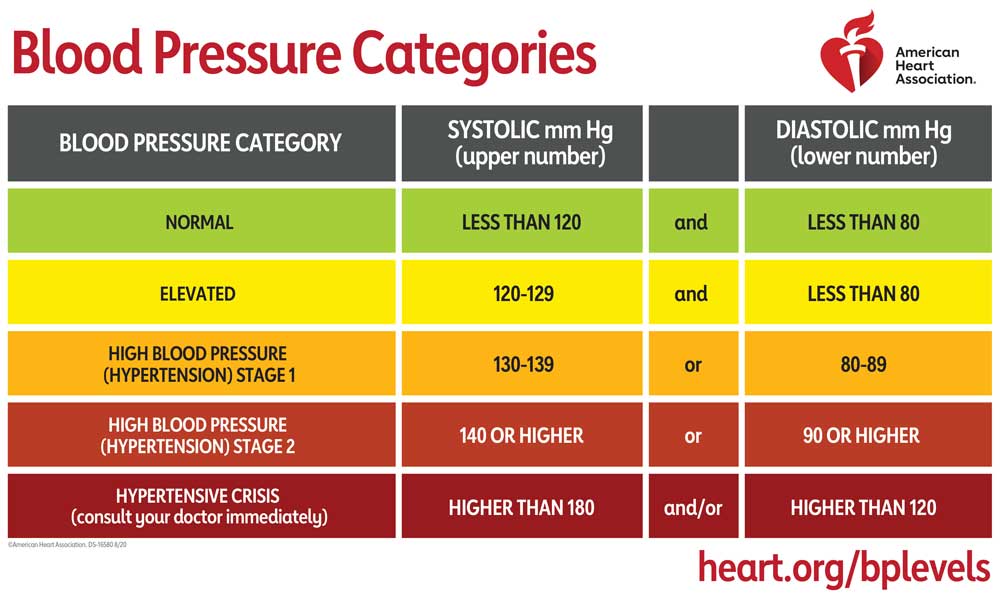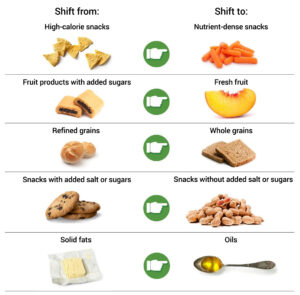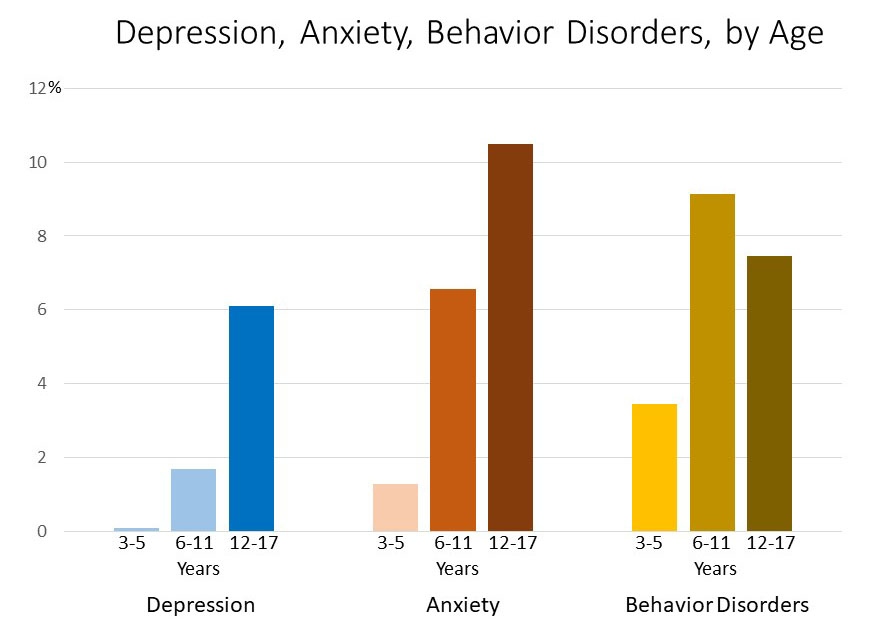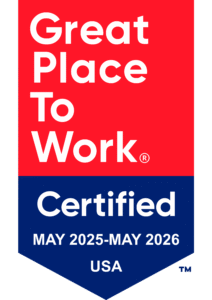-
Systolic blood pressure measures the pressure in your arteries when your heart beats
-
Diastolic blood pressure measures the pressure in your arteries when your heart rests between beats

-
Normal: Blood pressure is considered in the normal category when the numbers are less than 120/80 mmHg.
-
Elevated: Blood pressure is considered elevated when readings consistently range from 120-129 systolic and less than 80 mmHg diastolic. If you fall in this category, you are likely to develop high blood pressure if no steps are taken to control the condition.
-
Hypertension Stage 1: This stage is when blood pressure consistently ranges from 130-139 systolic over 80 mmHg diastolic. At this stage, you will likely be advised to make some lifestyle changes and may be prescribed blood pressure medication.
-
Hypertension Stage 2: This stage is when blood pressure consistently ranges at 140/90 mmHg or higher. At this stage, you will likely be prescribed blood pressure medications and lifestyle changes.
-
Hypertensive Crisis: The hypertensive crisis requires medical attention. If your blood pressure readings suddenly exceed 180/120 mmHg, you could be experiencing a hypertensive crisis and should contact your doctor immediately.
-
Heart Attack and Heart Disease: High blood pressure can damage your arteries by making them less elastic, which decreases the flow of blood and oxygen to your heart.
-
Stroke and Brain Problems: High blood pressure can also block the arteries that supply blood and oxygen to the brain, or cause those arteries to burst, which causes a stroke. Brain cells die during a stroke because they do not get enough oxygen, which can then cause disabilities in speech, movement, and other basic activities. A stroke can also be deadly.
-
Kidney Disease: Adults with diabetes, high blood pressure, or both have a higher risk of developing kidney disease, which is when the kidneys are damaged and cannot filter blood as well as they should (4).
-
Getting at least 150 minutes of physical activity each week
-
Avoid tobacco use
-
Eating a healthy, well-balanced diet which limits sodium (salt) and alcohol
-
Keeping a healthy weight
-
Managing stress in a healthy way
-
https://www.cdc.gov/bloodpressure/about.htm#whatdo
-
https://www.heart.org/en/health-topics/high-blood-pressure/understanding-blood-pressure-readings


